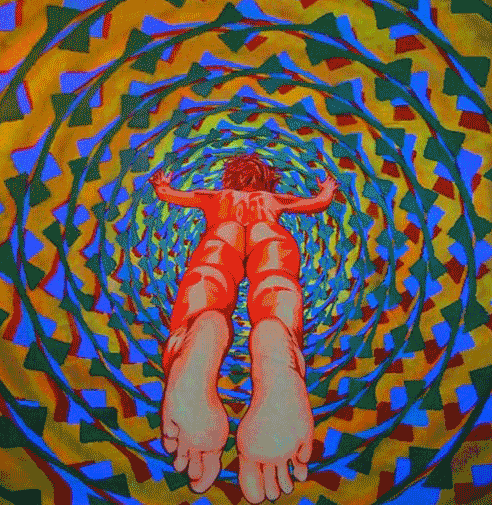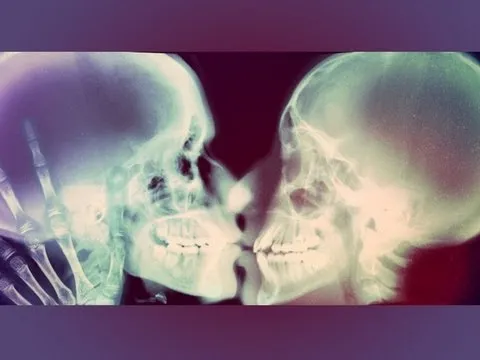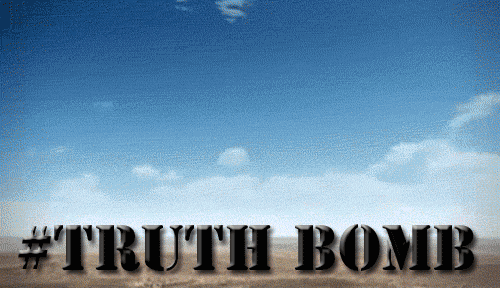
"Cogito ergo sum" is the famous Latin saying from French philosopher, mathematician and scientist René Descartes. It translates into English as "I think therefore I am". It is commonly regarded as the one and only absolute truth we can truly know. David Hume philosopher, historian, economist and essayist would later chisel away at that truth pointing out that the construct of identity can't even be assumed and would argue something more abstract along the lines of "thought therefore existence".

Is Anything Real?
Solipsism is the view or theory that the self is all that can be known to exist. It's a good point, how do we know we aren't in the matrix how do we know everything around us even exists? The problem with solipsism is that it's pretty much useless. How can operating on the principle that everything we experience could all be a lie guide us and be useful if we can't get out? Does it really matter if we are in the matrix if it's all we'll ever experience?
We all make a sacrifice regarding absolute truth and knowledge, we settle for a truth that we can operate with, the truth we all operate on must be propped up on two basic assumptions. The universe exists and that existence is consistent. From those two basic assumptions our whole notion of truth and knowledge arrises. We ignore that it is built on two assumptions because it worked and continues to work so there has been no reason to question the assumptions. We can observe and learn and make predictions then validate those predictions building our knowledge.

When I speak of truth from here on out I'm speaking of this practical truth that we all operate with every day and will cast aside solipsism since it's pretty much just a discussion ender.
So you have to ask yourself a very important question. What do you value? Do you value truth and only holding true beliefs? Many don't, many choose to allow their beliefs to be corrupted with falsehoods for the sake of what feels good.
If you care about the accuracy of your beliefs and only holding true beliefs that can be relied upon to make predictions then you need to validate things externally. In this practical paradigm knowledge must be demonstrable, if you know it you can show it.
This brings me to unreliability of personal experience. Many have experienced what can be described as divine experiences. Some people get there through prayer, mediation or psychedelic drugs. No matter how you get to this place and experience these religious or divine experiences it is important to remember that you don't know if this is real. If you can't externally validate it and demonstrate it you don't know it.

We know the human mind is susceptible to hallucinations and seeing things that don't exist. The human mind and intuition can prove to be disastrously wrong. When you have a divine experience how can you know it is real and not just a figment of your imagination? You can't! You can't demonstrate and so you can't truly know it. You believe it and if you fully trust and believe in that experience you have in part abandoned the goal and methodology of only holding true beliefs. If you claim to know it to be true then you've distorted the meaning of knowledge and truth to something useless and unreliable.
The True Beliefs of Mormonism
Please leave your thoughts below in the comments.
You can always find me on Steemit.chat for text chat or come on over to voice chat at SteemSpeak I'm @contentjunkie in those places too.


